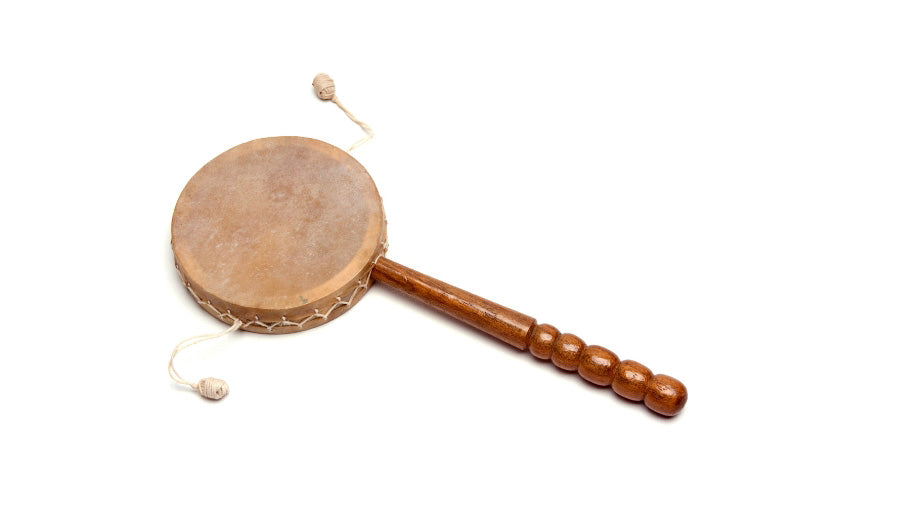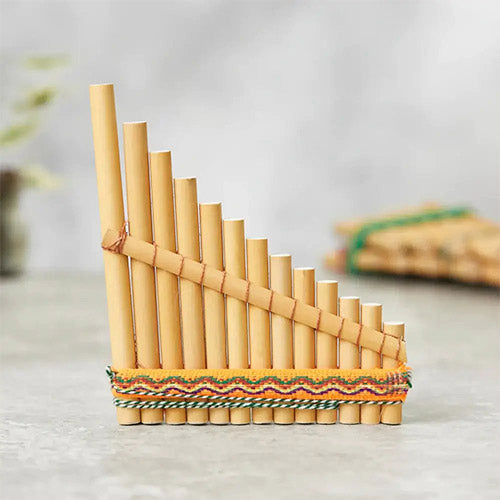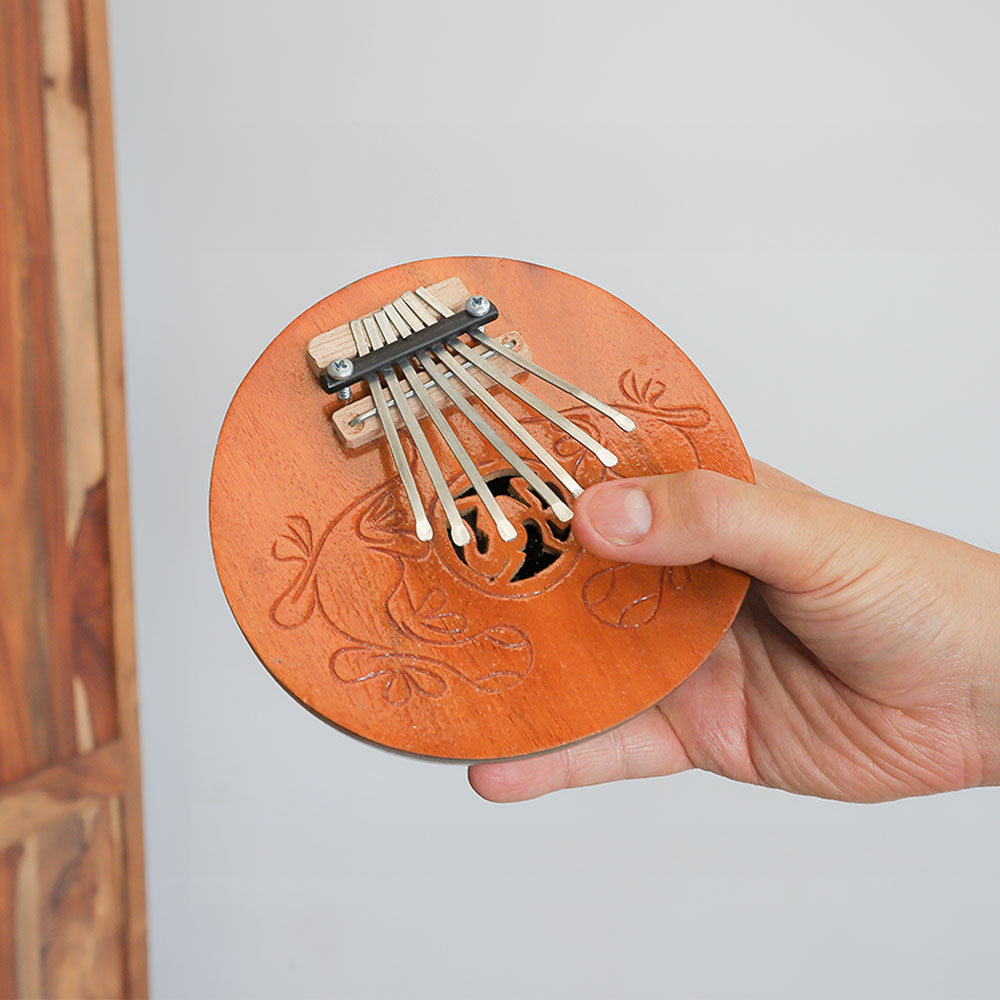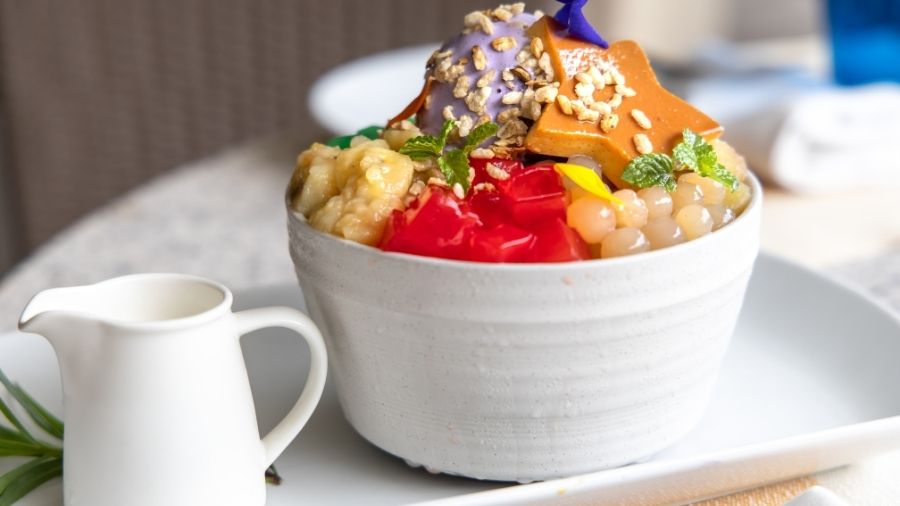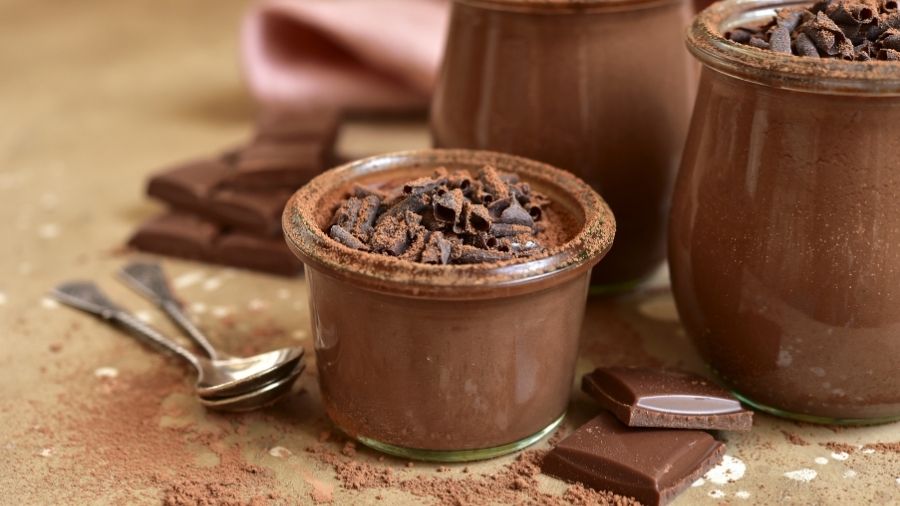A tongue drum is a melodic percussion instrument made from metal or wood, featuring cut-out “tongues” that produce distinct notes when struck. Its soothing, bell-like tones make it popular for meditation, sound therapy, music education, and relaxation. Easy to play and intuitively designed, it is widely used by musicians, sound healers, yoga instructors, and hobbyists of all skill levels. The instrument is especially favored in wellness communities and has gained significant popularity in the United States, where it originated, although it’s now embraced by users around the world.
History of Monkey Drum
The modern tongue drum was invented in 2007 by Dennis Havlena in the United States. Inspired by the Hang drum and the traditional African slit drum, Havlena created the first version—called the “Hank Drum”—by repurposing an empty propane tank and cutting tongues into its surface. His DIY approach made the instrument accessible to many, and its tranquil sound quickly attracted attention from musicians and wellness practitioners. Since then, the tongue drum has evolved into a variety of professionally crafted models used globally in music, therapy, and meditation settings.
Types of Monkey Drum
Tongue drums come in various forms, primarily categorized as steel tongue drums, wooden slit drums, and hybrid models. Steel drums are known for their long sustain and bright, resonant tones, while wooden versions offer a warmer, more percussive sound. These instruments typically feature 6 to 15 tongues and are tuned to specific scales such as pentatonic, diatonic, or chromatic, catering to different musical or therapeutic uses. The most common types include round tank-style drums and rectangular log drums, with some played using mallets and others with fingers—each offering a distinct tactile and sonic experience.
Peruvian Monkey Drum

★★★★★ - “5 stars all the way. Amazing seller, arrived really fast. Thank you”. - Verified Buyer
This handmade Peruvian Monkey Drum is a compact, fun percussion instrument crafted by a small family-run workshop in the mountains of Peru. Measuring just 6 cm in diameter and weighing 20g, it delivers a surprisingly rich sound for its size. Each drum features a unique, multicoloured woven band and eco-friendly wood and plastic construction. Ideal for beginners and music lovers alike, it makes a thoughtful and playful gift. Please note: not suitable for children under 3 and should be used with adult supervision due to small parts.
Purchase the Peruvian Monkey Drum Here.
Adesu Monkey Drum

★★★★★ - “Thank you. Beautiful instrument, carefully packaged and sent quickly”. - Verified Buyer
The African-style Adesu Monkey Drum features a smooth wooden handle and a goatskin paddle, accented with black and white striped edges for visual flair. When twisted, two side beads strike the surface, producing loud, rhythmic sounds with a warm, resonant tone thanks to its thicker paddle. Lightweight at just 88g and 22cm tall, it’s perfect for classrooms, music spaces, and introducing rhythm to children. Made from natural materials, it’s budget-friendly and ideal for percussionists of all levels. Note: Not suitable for unsupervised children—handle with care to ensure safe use and longevity.
Purchase the Adesu Monkey Drum Here.
Ontong Monkey Drum

★★★★★ - “So perfect. Much appreciated and beautiful”. - Verified Buyer
The Ontong Monkey Drum is a handmade, fair trade percussion instrument from Bali, featuring a barrel-shaped, double-sided body with vibrant dot-paint designs and floral ribbon edging. Its hand-carved handle offers a solid grip for easy playing, while the unique shape enhances sound projection compared to similar drums. Small wooden beads strike the surface to create a bright, lively tone. At just 50g and 22cm long, it's lightweight yet impactful—perfect for musicians seeking both aesthetics and performance. Due to small parts, it’s not suitable for unsupervised children under three.
Purchase the Ontong Monkey Drum Here.
Tips for Choosing the Right Monkey Drum
When choosing the right Monkey Drum, consider the size, weight, materials, and craftsmanship. Smaller drums with thinner paddles produce higher-pitched sounds and are easier for beginners, while larger or double-sided versions may offer deeper tones and greater resonance. Look for quality materials like natural wood and goatskin for a more authentic feel and sound. Handmade and fair-trade drums often feature unique designs and better durability. Monkey Drums are suitable for musicians, educators, collectors, and anyone exploring rhythm or world music—they’re intuitive, fun, and accessible to all skill levels.
The Pros and Cons of Buying a Second-Hand Monkey Drum
Buying a second-hand Monkey Drum has its benefits and drawbacks. On the plus side, used drums are often more affordable and may have a richer, well-worn tone. You might also find vintage or unique designs that are no longer produced. However, there’s a risk of hidden damage, hygiene issues, or worn-out components. Buying new ensures reliability, cleanliness, and sometimes includes care instructions or warranties. Handmade Monkey Drums, especially fair trade ones, offer artistry and cultural value. If you prefer quality and peace of mind, opt for a new handmade drum. If you enjoy treasure hunting and saving money, second-hand could still be a good fit.
Unique Monkey Drum Accessories
great accessories that make it even more fun or helpful when playing the…To enhance your Monkey Drum experience, consider practical and playful accessories. A padded case or cloth pouch protects the drum from scratches or damage during storage or travel. For wooden drums, occasional conditioning with natural oils like lemon or linseed oil can help preserve the wood and prevent cracking. Custom add-ons like decorative beads, grip tape for the handle, or colorful ribbons can personalize your drum and make playing more fun. Instructional guides, rhythm flashcards, or stands for display can also be helpful tools, especially for beginners or educators.
Monkey Drum in Popular Music
The Monkey Drum is primarily found in traditional, world, and folk music, often used in African, Balinese, or Indigenous settings for storytelling and rhythm-based performances. Its simple twist-and-play mechanism makes it popular in classrooms, cultural festivals, and community drum circles. While it's not commonly used in mainstream pop or rock, it has appeared in experimental or fusion projects that blend global percussion with modern styles. Artists exploring tribal or ambient genres occasionally incorporate it for its distinct, playful sound and visual appeal, bringing both cultural depth and rhythmic texture to their music.

